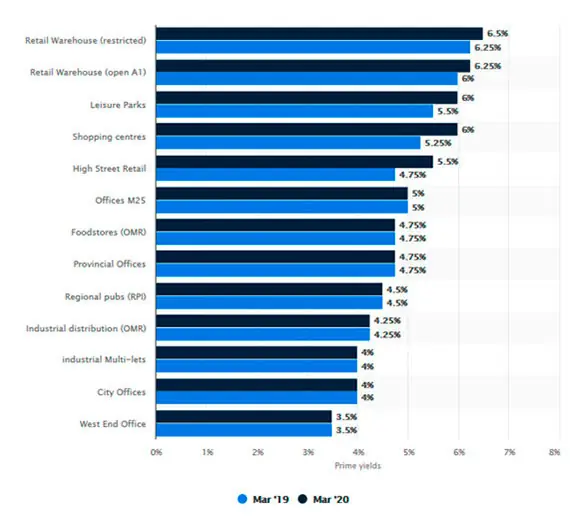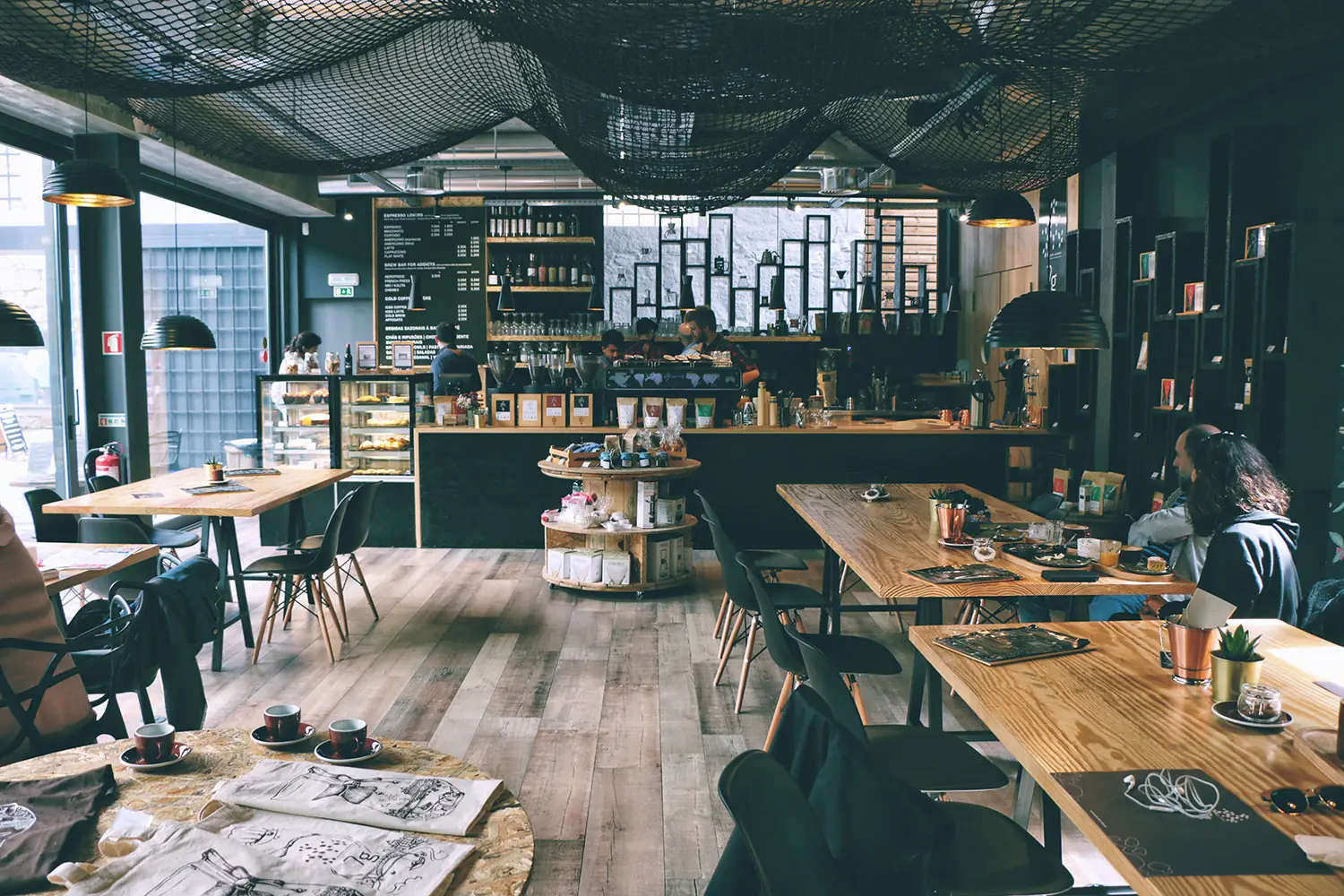Is the Investors' Love for Commercial Assets Ending?
We have been documenting the impacts of the pandemic for the last three months, and how it affected the industry. From price fluctuations, to demand changes and narrower requirements from investors, real estate as we know it has most definitely changed. This week at TOTE SER, upon all the openings and closings and the general uncertainty of the economic course, we decided to investigate how commercial assets are being affected by the pandemic, and if the investors' long love affair for this type of investment was in some way compromised.
Severe Pandemic, a Protracted Economic Slump, and Commercial Real Estate Forecast Scenarios of Moody's Analytics in Vimeo.
The Covid-19 has since brought a new sense of uncertainty and instability to the economy. Feels like every week there are either published measures to re-open restaurants, cafés and bars, or to close them upon cases of infection increasing. It is also important to notice the measures within the allowed openings, which perceive a working time of around 70% of what it used to be: Restaurants are forced to open at limited times with limited clients, bars and cafés see their closing time being 2 or 3 hours earlier than usual. Despite the general consensus that these places need to make up for the lost earnings of over 2 months of quarantine, governments all around the world are adopting a rather questionable approach to commercial industries. Many believe that where changes are needed, regarding for example clusters of people in parks and beaches, are currently being under looked - while seemingly inoffensive things like eating at a restaurant or going for a coffee are being radically targeted has a top priority. All we know is that this contributes for very difficult decision making to the investors in these types of assets.
According to a graph from Statista, comparing commercial prime yields over the course of a year in the UK, we can clearly see how despite ending in March (which was still the beginning of the pandemic), commercial investment was already displaying clear signs of uncertainty with very slim percentage increases.

(Source: Statista.com)
After March these stats would plunder, achieving close to 1%/2% in Leisure Parks, Shopping Centers and Street Retail until June. Given that the solution is not in our hands, we can't help but feel sorry for the companies, owners and landlords that inevitably face harsh times right now. However, the market as we know it has an inherent instability, meaning there will always be sectors that benefit from a certain conjecture and others who will be negatively impacted by it.
At TOTE SER we have been forced to chase the opportunities of any given time and situation, hence why we have managed to survive several crisis over the course of 30 years. Commercial investment is a bust right now as we've seen, but is it really? Or is it a time to acquire operating assets at appealing prices and use the restart of the economy as a thrust? Having spoken with many of our investors so we can have a better notion of how the investment strategy will play out until the end of 2020, we have noticed that investors whose core is based around retail and commercial have obviously suffered from the conjecture and are looking for other markets to profit from, namely residential. After a thorough investigation we concluded that this might very well be the time to invest in strategic assets.

Photo by Petr Sevcovic in Unsplash
An article from The Inquirer further describes the actual mindset of an investor upon the difficulties of the pandemic:
CEO Mehrdad Moayedi, from the Centurion American Development Group, said he has several major purchases scheduled to close soon and is looking for more buys. "The only time we have actually made real serious money is in the bad times," Moayedi said. "When times are good, everyone and their brother are trying to buy. The property prices got so high the last few years you could hardly make any money." Moayedi said he just locked up a land purchase he'd been chasing for four years. "The guy wouldn't budge on the price, and he finally came down," he said. Real estate investors by nature are optimistic about the future, so they aren't being chased off by the pandemic.
Furthermore, Moody Analytics previews that despite this being the biggest economic recession since the Second World War, paying attention to how certain sectors reacted in previous crisis can help you calculate risks and potential profits from a certain market. There is always a way to succeed.